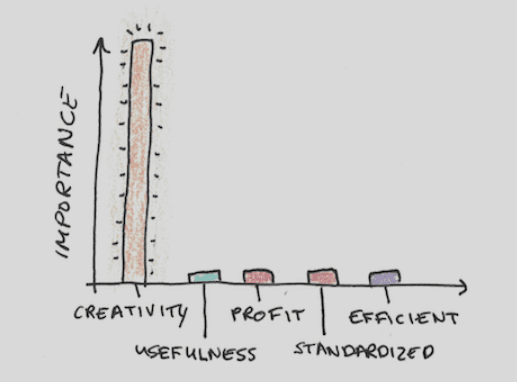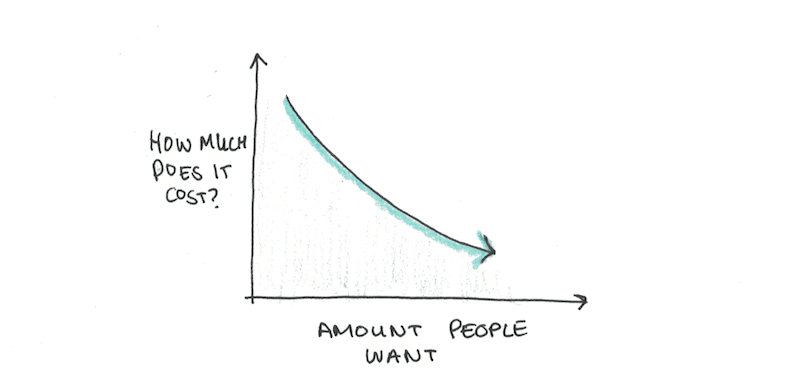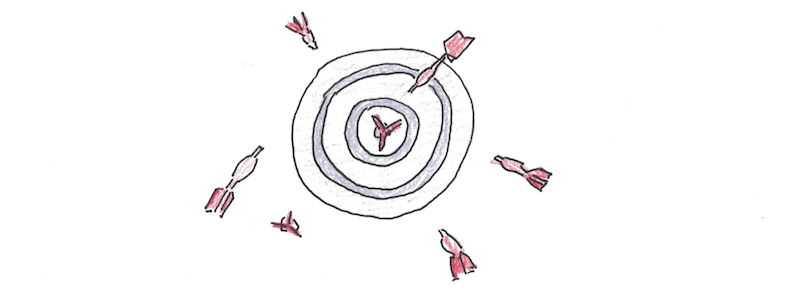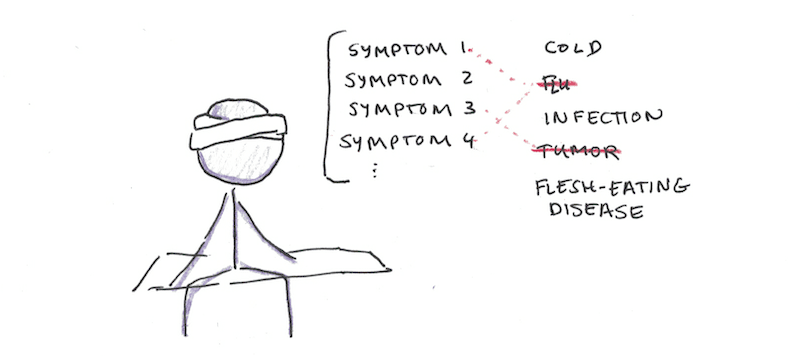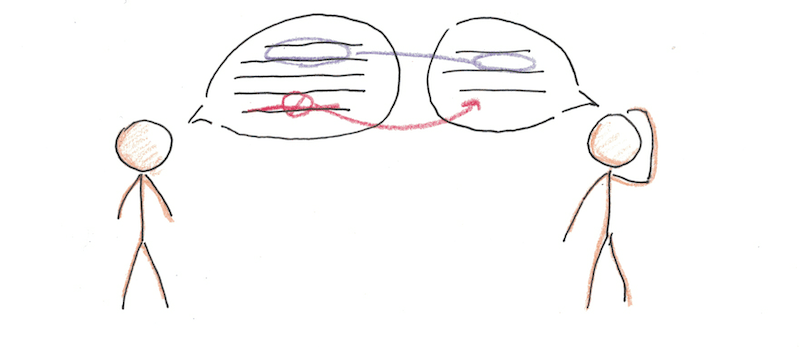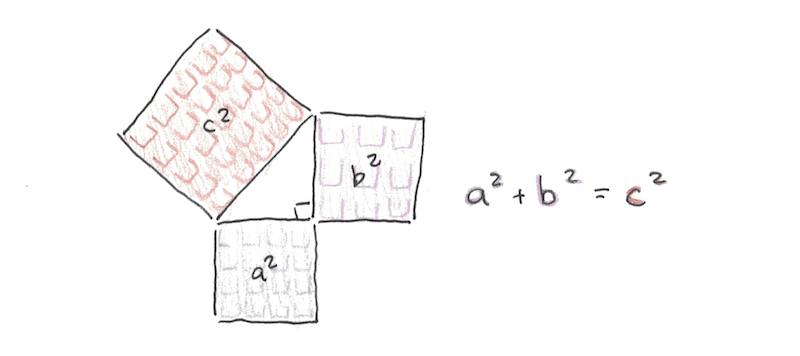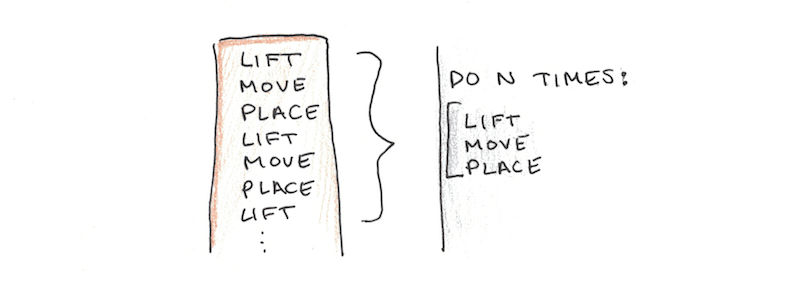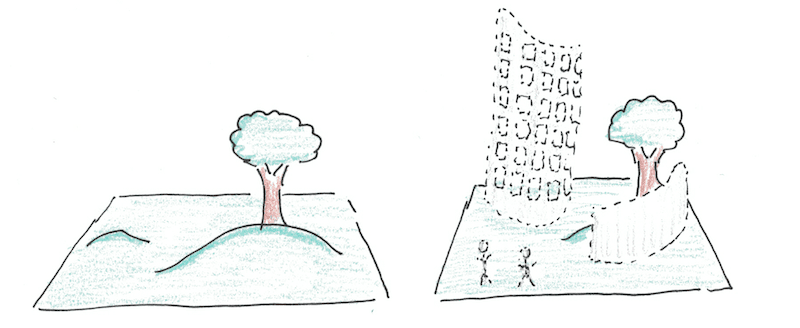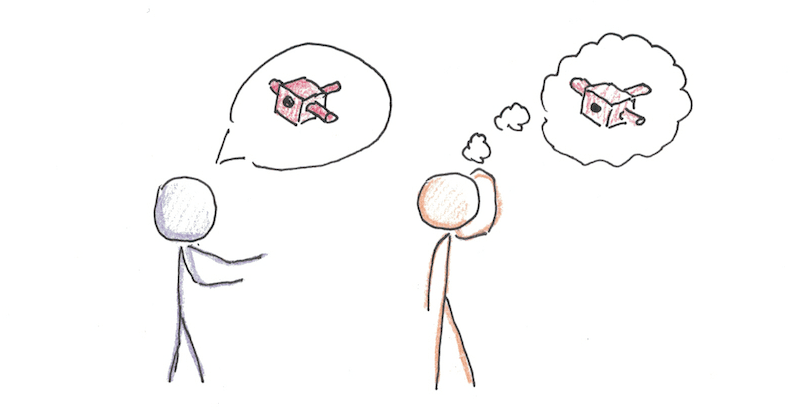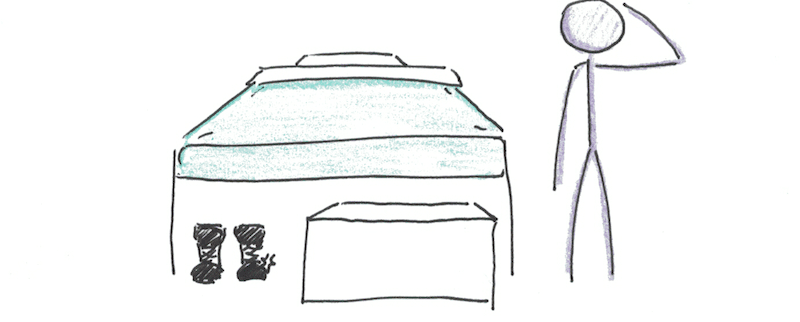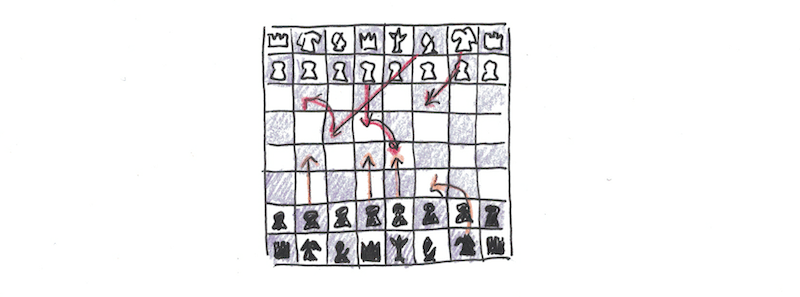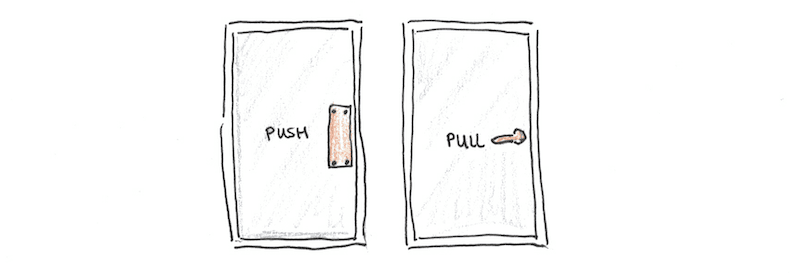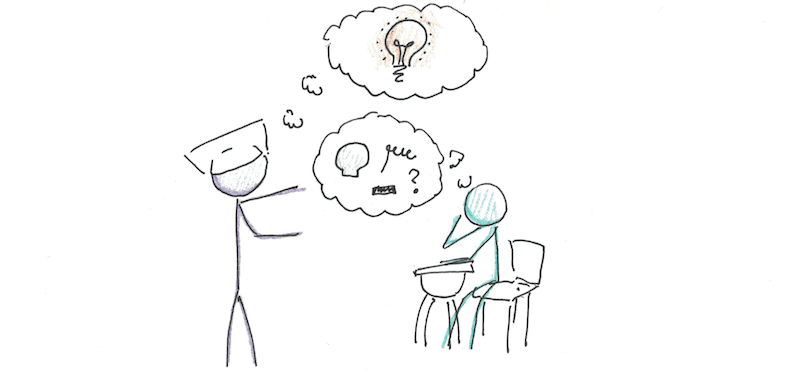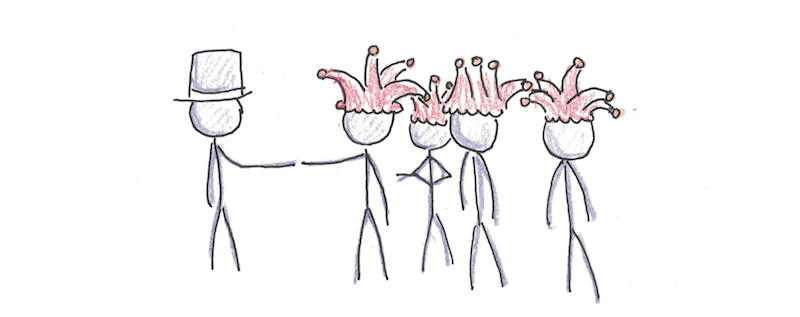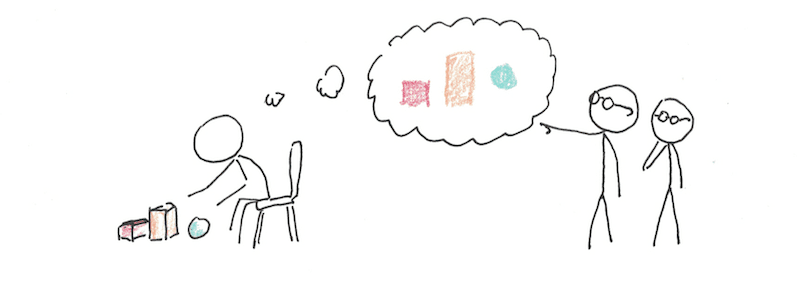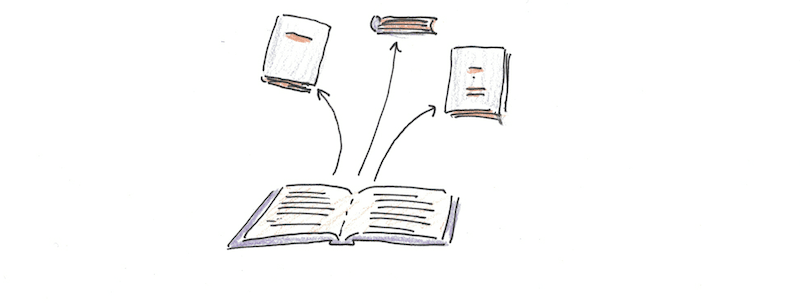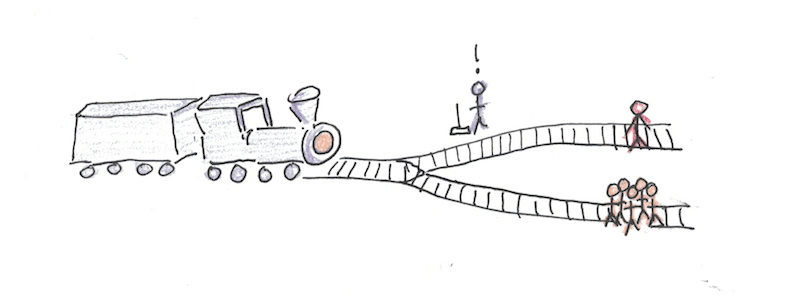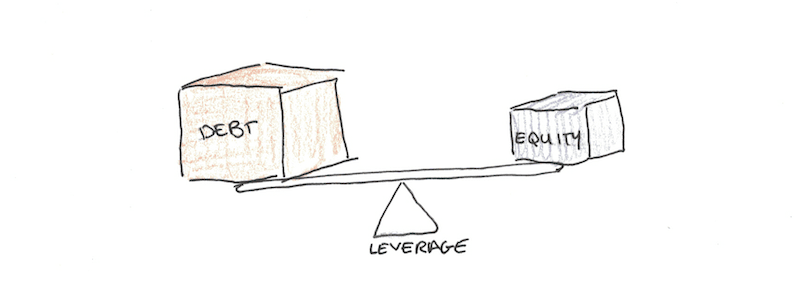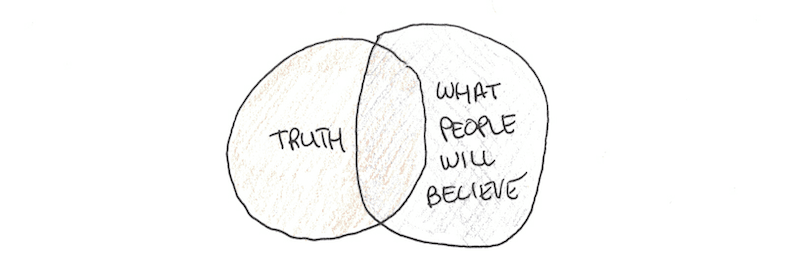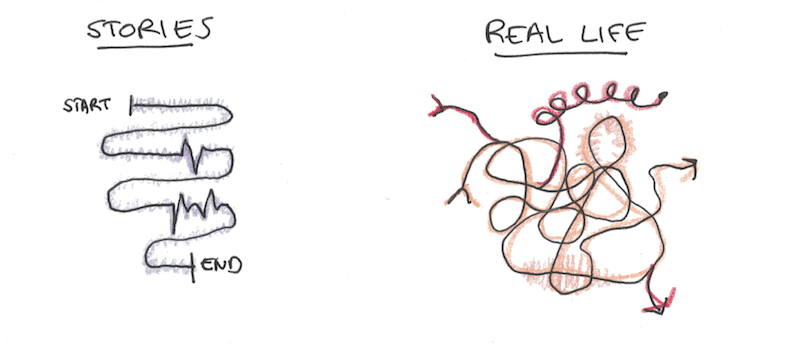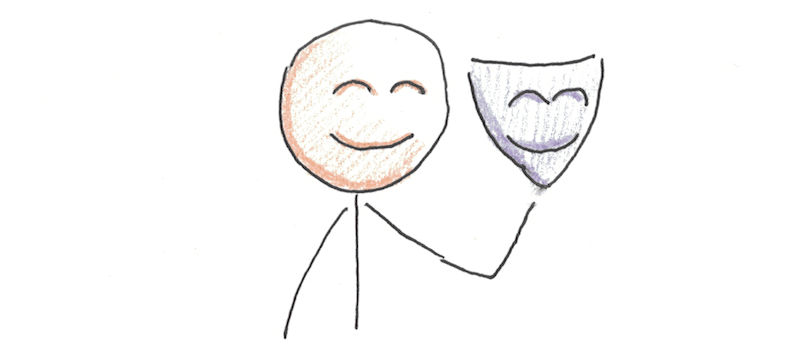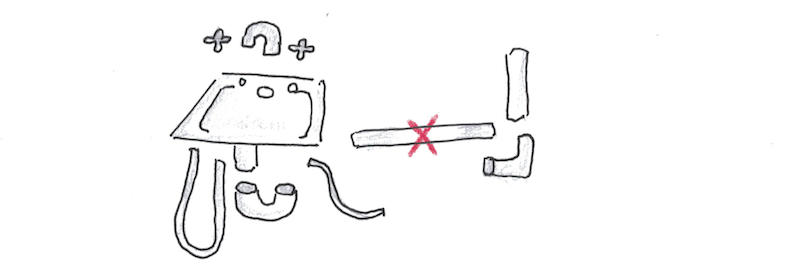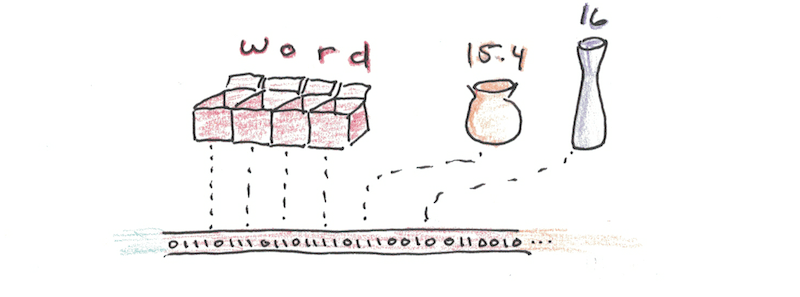Twenty-Five Useful Thinking Tools | Scott H Young
Curated from: scotthyoung.com
Ideas, facts & insights covering these topics:
26 ideas
·42.8K reads
307
4
Explore the World's Best Ideas
Join today and uncover 100+ curated journeys from 50+ topics. Unlock access to our mobile app with extensive features.
More mental models mean you have more ways to solve more problems.
Don't you want to know all 25 of them
CHARLIE MUNGER
1.15K
11.5K reads
1. Artist
- Most other professions are full of constraints upon one’s ideas.
- Artists operate in a realm where most of these constraints are reduced,
- so the bigger question is, “Why is this unique and interesting?”
- Often the best companies produce things that look like art.
- They are driven by uniqueness and creativity, rather than blandly filling out a list of specs.
- How could your goals and projects be different if coolness, interestingness or refinement of an original idea were your priority?
1.09K
4.43K reads
2. Economist
- There are many thinking tools native to economics, but a foundational one is simple.
- People respond to incentives.
- Tyler Cowen, the economist, delivers this best, explaining that a key element of economic reasoning is that by changing a system involving people, the people do not stay in place. Instead, they respond to the new incentives accordingly.
- Almost any action you’ll take alters the perceptions of incentives by other people you deal with. The economist in you should ask yourself, “if I change this, how will people react?”
1.08K
2.94K reads
3. Engineer
- While your financial advisor can only throw darts at picking which stocks will rise,
- And a psychologist can only give hints at what people will do,
- Engineers routinely create things that don’t currently exist and need to work 100% of the time.
- The essence of doing this is to create a model of what you’re trying to work with,
- Measure the relevant variables, and know to what degree of error you can expect in those measurements.
- From there, you can actually know what will happen, instead of just guessing.
1.07K
2.77K reads
4. Entrepreneur
- Entrepreneurs often adopt a set of thinking tools that are often rare for normal professionals.
- One major tool is rapid prototyping. Many people see this as a product development strategy.
- But in reality, it’s an abstract thinking tool that applies to a lot more than product R&D.
- Sometimes the right way to solve a problem is simply to do a lot of things and see what works!
- The essence of this thinking tool is that you go out and try a bunch of things, without waiting around for a perfect answer.
- It also requires listening carefully for feedback, so you can get hints as to what to do next.
1.09K
2.05K reads
5. Doctor
- Doctors meet patients who have an array of symptoms.
- From there, you need to act like a detective to deduce the most likely disease and create a plan to cure it.
- During this, a wrong move might kill your patient, so you have to choose wisely.
- Your computer doesn’t work. Your business has stopped making money,
- Similarly, many problems can be solved by this thinking tool
- The first thing to do is see what all the possible causes could be.
- Next, you need to rule out as many possibilities based on the symptoms you observe.
- Knowing this can help you settle on a most likely diagnosis.
1.05K
1.64K reads
6. Journalist
- Journalists rely on a ton of different thinking tools which allow them to write compelling stories that report the news fairly and accurately.
- One of these thinking tools is fact-checking. Because journalists often need to interview sources who may be misleading.
- Fact-checking may be time-consuming, but it results in a much more accurate worldview than simply blindly following a stray comment.
- How would your life look if you dug around to check the veracity of key pieces of information you’re depending on to make decisions?
1.04K
1.33K reads
7. Scientist
- A basic thinking tool of Scientists is the controlled experiment.
- Keep all the variables the same, except the one you want to test, and see what happens.
- Too many people draw inferences from “experiments” that are anything but have many conflicting variables
- that make drawing conclusions about their experiences much more difficult.
- How many of your beliefs about work and life withstand such scrutiny?
- Undergo such testing? Maybe you could benefit from a little more scientific thinking tools in your life.
1.05K
1.24K reads
8. Mathematician
- The thinking tools of a mathematician depend on having a much higher standard of what constitutes proof of something.
- While an engineer may tolerate precision within some bounds, and an entrepreneur may be satisfied with a hunch,
- a mathematician’s statements must be irrefutable or they don’t count.
- Mathematical thinking tools help you be more rigorous and spot mistakes that may be relevant.
1.04K
1.33K reads
9. Programmer
- Programming encompasses a lot of thinking tools, but the most basic one is the algorithm.
- Algorithms are a set of steps that can be defined precisely so that they require no intelligence to perform each one,
- yet the net result is a useful product.
- A useful application of this is to look at the things you do and see which could be automated, simplified or refactored.
- you can think more like a programmer in many other domains of life.
- What things do you repeat often in your work which could be automated?
- What ambiguous process could you convert into a foolproof set of steps?
1.06K
1.1K reads
10. Architect
- Architects need to design buildings.
- These are large structures that may take years to build,
- and has to meet all the criteria of clients, contractors, city planners and building codes.
- Oh, and they should also be beautiful.
- One of the great tools of architectures is simply making a model.
- Making a scaled down version of the thing you want to create, so you can see how it looks, and then envisioning how it will be on a larger version
- it is difficult, but it often lets you see how reality will be before it’s too late to change it.
1.04K
928 reads
11. Salesperson
- Salespeople work to deeply understand what the customer actually needs,
- And then match them with products and services that fill that void.
- This is incredibly hard to do, as you may recognize that you have the solution to a customer’s problem before they do.
- A key thinking tool for success in this profession is to be able to infer what people’s worries and needs are.
- This is a tool you can apply far beyond making an extra buck, to learn about human behaviour and thought process
1.04K
971 reads
12. Soldier
- The discipline embodied by military personnel is a very useful thinking tool.
- By demanding conformity to those protocols, even when there is no danger, there is much less room for slip-ups.
- This kind of discipline is also present in another live-endangering field: medicine.
- The Checklist Manifesto takes this idea of military routine and applies it to mundane things like hand-washing, which save lives by avoiding infection.
- Once you know the best way to do something, do it precisely and exactly, without sloppiness or somebody might get hurt.
1.04K
937 reads
13. Chess Master
- Chess has long been considered a game to improve one’s thinking.
- There are plenty of thinking tools that can be mined from the game.
- One is the ability to simulate the game in your mind’s eye.
- A common trick of grandmasters is playing blindfolded games.
- While this amazes spectators, it actually reinforces a useful practice—being able to see the game in your head,
- So you can calculate future moves your opponent makes.
- Trying to visualize what might happen, and then compare that prediction to reality. This can hone your simulation abilities
1.05K
1.04K reads
14. Designer
- A useful tool here is how something is made suggests how to use it.
- A well-designed door handle suggests push or pulls, without needing to say it.
- A well-designed light switch should already tell you which rooms will be illuminated when you flip it.
- What if you designed your speeches so that they automatically caused the audience to shift their thinking where you need them to go?
- What if you designed your habits so that you automatically applied them?
- The scope of this thinking tool is really quite broad.
1.06K
875 reads
15. Teacher
- How do you create knowledge inside someone else’s mind?
- Most of us take for granted how amazing teaching actually is, and our own ability to learn from it.
- To be effective, teachers need to have a model of how their pupil's minds see the world and pupils a game plan for changing it.
- To succeed in most professions, you need to be able to make other people see the problems as you do.
- This involves identifying what knowledge they lack and saying the right things
- While this is an obvious skill for teachers, it also can benefit us by improving our ability to explain
1.05K
755 reads
16. Anthropologist
- Anthropology is the study of cultures.
- Unlike economics, which tends to focus on mathematical models, or psychology, which tends to do a lot of careful experiments,
- Anthropologists learn about cultures by man immersing in them.
- How could you immerse yourself in groups to which you don’t belong? Groups of different nationalities or languages? Politics or professions?
- How could you learn how those groups of people function, have them accept you as you live alongside them? these answers lie in anthropology
1.03K
694 reads
17. Psychologist
- Psychology has different thinking tools embedded both in its assumptions about human nature, as well as in its methods for discovering it.
- On the subject of psychology itself, there are countless tools.
- Which can help you understand people better
- Psychologists, like all scientists, involves creating experiments.
- However, unlike other scientists, your object of study is human beings,
- This means you often can’t let them know what you’re trying to adjust.
1.04K
757 reads
18. Critic
Many critics go beyond telling you which books to read and which movies to watch.
They build analysis, interpretation and discussion that goes well beyond the original work.
The thinking tools involved are quite important, even for people who don’t analyze literature for a living.
For starters, there is the ability to pay quite close attention to creative works.
Experiencing something much more deeply than just a shallow consumer.
Second, there’s the tool of being able to connect that knowledge to a web of other issues and ideas.
1.03K
620 reads
19. Philosopher
one of the philosophers powerful tools is being able to see the unexpected consequences of stretching an idea to its limits.
This has two benefits.
- it can reveal flaws in the original idea, by reductio ad absurdum.
- this can help you recognize the fundamental principles behind your vague intuitions of things.
By exposing your ideas to stronger, hypothetical critiques, you can see the real mechanisms by which they work.
1.04K
847 reads
20. Accountant
- Money is the blood of a business.
- Accounting is the work that watches how it flows around, checking to make sure it isn’t getting clogged up.
- The idea of ratio analysis. for instance, is the debt the company owes to the equity put in by the owners. Get too high, and there’s a greater risk of default.
- This kind of analysis is useful to non-accounting domains. you could imagine tracking many other numbers and their ratios: output per hours worked, money earned per hour.
- Organizing the data, keeping track of the details and seeing the patterns beneath the surface are all tools that can be used.
1.03K
680 reads
21. Politician
- Politics offers its own set of tools, politician may do a great job, and still get kicked out because of bad PR.
- Therefore the thinking tools possessed by politicians are about calculating
- Not only the effect of some action but also on how that action will be perceived.
- Both by the voting populace, and one’s allies and enemies.
- The thinking tools here mean that sometimes the right decision isn’t possible,
- Simply because other people won’t see it as such, and you don’t have the power to convince them.
- This may be frustrating, but it applies to many parts of reality we’d rather it didn’t.
1.03K
632 reads
22. Novelist
- Many people see stories as the linguistic embodiment of history.
- We take what actually happened and weave it into some words so others can see it for themselves.
- Unfortunately, people understand stories much better than realities.
- So often you need to package up the histories you want to tell people in a way that they can interpret.
- While this applies to writing novels or making movies.
- Telling stories is a part of everyone’s life.
- From “Why do you want to work at this job,” to, “Where do you see yourself in five years?”
- These are all stories, and we need to understand their structures.
1.04K
573 reads
23. Actor
- A popular thinking tool for acting is called method acting.
- This technique involves trying to actually feel the emotions of the character you’re portraying, rather than just faking it.
- This may seem to be a contradiction: how can you feel something you know is fake?
- Changing your emotional state to get the results you want is a great tool used by actors.
- Feeling insecure, but know you need confidence?
- Why can’t you summon that up in yourself as if you’re playing a part?
- But don’t fake it–feel it.
1.04K
605 reads
24. Plumber
- Tradespeople don’t get enough credit for having unique problem-solving tools and strategies.
- Yet those professions often out-earn those with a college degree
- The essence of plumbing, just like many other trades,
- is to get your hands dirty and take something apart to see what’s broken.
- To do this, you need a model of what’s in there—otherwise, you might get water spilling everywhere or a dangerous shock.
- How many of us avoid understanding things because we’re afraid to get our hands dirty?
- We don’t want to risk breaking something, so we never really understand how it works?
1.03K
559 reads
25. Hacker
- Hacking is one of the most commonly misunderstood skills.
- In practice, hacking is mostly about understanding that there is often a more complicated layer of instructions which a simpler layer is built on top.
- The computer sits in hierarchies, so each level of abstraction simplifies and reduces the layer below
- This thinking tool works for computers, but also other areas of life.
- Remember: everything you see is usually a simplification of a deeper reality.
- Which can mean that the underlying system may be broken in a way you wouldn’t naively expect.
1.05K
937 reads
IDEAS CURATED BY
We are just another couple of engineering students who love to explore new ideas in the fields of Tech, Productivity, Self improvement & Entrepreneurship
Learnsters 's ideas are part of this journey:
Learn more about problemsolving with this collection
Proper running form
Tips for staying motivated
Importance of rest and recovery
Related collections
Similar ideas
Read & Learn
20x Faster
without
deepstash
with
deepstash
with
deepstash
Personalized microlearning
—
100+ Learning Journeys
—
Access to 200,000+ ideas
—
Access to the mobile app
—
Unlimited idea saving
—
—
Unlimited history
—
—
Unlimited listening to ideas
—
—
Downloading & offline access
—
—
Supercharge your mind with one idea per day
Enter your email and spend 1 minute every day to learn something new.
I agree to receive email updates


